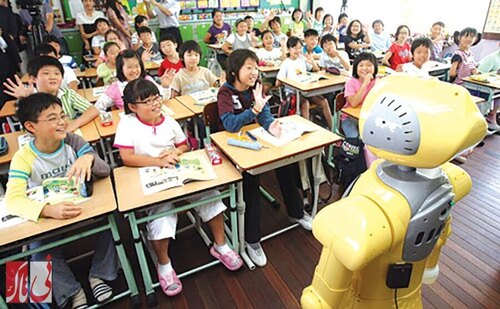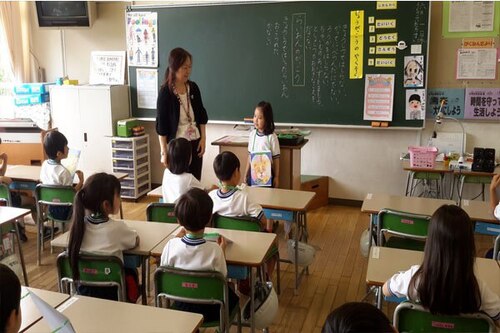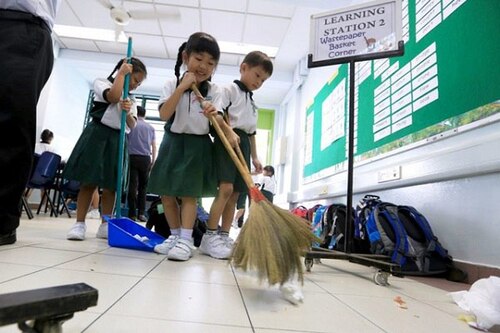History has shown us that any country that pays more attention to their education system will develop much better than other countries. Every country that has applied an education system to dictate their political or religious ideology and has ignored the educational standards has not developed at all but rather has faced a crisis.
Education in Kurdistan has been implemented in different ways. For example, in the East part of Kurdistan, since it is dominated, the education system is under the Islamic Republic of Iran's influence and the only way of freeing this part of Kurdistan is to pioneer a standard educational system. However, in the Southern part of Kurdistan where a Kurdish government is responsible for the education system, many useful actions could take place. It is recommended that the southern part of Kurdistan apply the developed countries' educational systems such as Finland or Japan.
In another article, Finland's educational system was discussed previously, and this time I would like to bring up Japan's educational system.

The Japanese believe that every child has the capability for learning and it is a person's attempts and their personal discipline that makes learning possible not the knowledge itself. Japan's educational system is one of the most successful systems in the world as such, there is no illiterate person in this country.
Elementary education for children begins at home. In order to do so, there are various television programs and books to help mothers do that. Domestic education is designed to be in line with school education and they are not different.
The Japanese students wear uniforms and eat their lunch at school with their teachers, thus they have a very good and intimate relationship with their teachers.
Japanese students are interested in their schools a lot. According to the statistics, 85 percent of Japanese students feel happy at school and 91 percent of them have confessed that they have never disobeyed or forgotten their teachers' words.

At Japan's schools, they study math for 235 minutes a week and language and other sciences are taught for less than 205 to 165 minutes.
Most Japanese students take part in workshops or colleges after they graduate from school so that they can learn more skills. Some of the workshops are held at homes or places other than schools.
Most of Japanese schools have a system to keep contact with health experts and doctors. There are also gyms in more than 90 percent of these schools and 75 percent have swimming pools.
Students in Japan do not have school buses and should walk or ride their bikes to school.
Every student has a private cupboard for their shoes and personal stuff and they only bring their books and necessary utensils to their classes. Every student has their own sports shoes, too. When the students are going to school they put on a soft and comfortable pair of shoes because they spend eight hours at school every day.
Students clean their schools themselves in Japan. In order to do so, they have set a time each day for cleaning their classes. During this process, the school plays some music to create a good sense for the students while working. This will help the students to learn a sense of responsibility.

The Japanese schools hold two grand festivals during the school year, a sports festival and a cultural one. The sports festival is held at the end of summer. These competitions are a good chance for the students to show off their abilities and enhance their capabilities.
The extracurricular programs begin from the fourth grade in Japan and they include: "basketball, cooking, sewing, games, working with software, scientific researches, …"
One of the most important features of the Japanese education system is "group identity". The students work together in their classes and they finish every grade together. There is no discrimination among the students, and this has made the Japanese stay happy and healthy throughout school and even college years. They also keep the students away from stress and anxiety and instead, they help them feel confident.
Enhancing the hardworking spirit, self-control, persistence, attempt, and self-confidence has helped Japanese students to study math for 10 hours a week without feeling tired or uncomfortable. This proves that success does not necessarily depend on high degrees of IQ.









